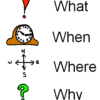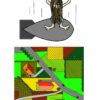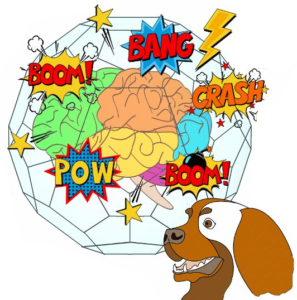 Fast Thinking vs Slow Thinking
Fast Thinking vs Slow Thinking
Ever listen to a fast talking person and wish they’d just take a freaking breath long enough for you to process what they said before they go charging into their next subject?
We find fast talkers exhausting to listen to and find our mind wandering within seconds. Do fast talkers realize their words go off into space with no substance or meaning? We doubt.
After all, when Chaos rules she goes on and on with mindless prattle without regard for those within hearing distance.
Rules for “Us vs Them”
2-D tactics include the use of psychology that targets the senses: Memory, scent, sight, hearing, etc.
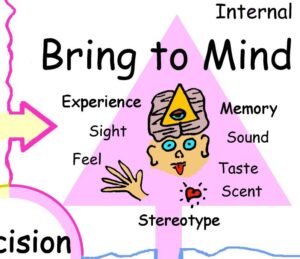
- Humor
- Sexuality
- Insecurity
- Pseudoscience/Superstition
- Fear
Off-key, sad music transforms into melodious happy tune when cure/idea/cause/product introduced
Drums, flute, chopsticks, gongs eastern all set to stereotype orient ethnic assumption
Visualization of ethnicity reduced to non-threatening, wise seer, usually old, blind or lame and harmless
Australia? didgeridoo
Country USA – any subject = harmonica, guitar, piano western flair
Southern USA theme banjo – car chases, bar fights
Flair: spreading ignorance through accents – the more American Southern accent for instance, in media generally stereotypes as backwards, racist ignorance while a more Northern American accent indicates intelligence. Few realize the first slave owning state was located in 1610 Massachusetts and not in the deep, dark south.
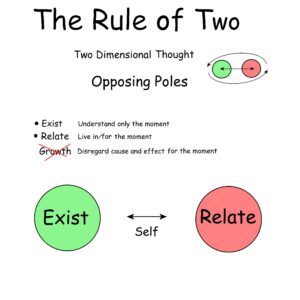
2-D Thinking
Synergetic media introduces assumption & stereotyping as opposing and separate cause and effect entities when they are one in the same, created through tenuous evidence and oversimplified into an image or idea.
Media, government, entertainment, advertisers, religious & secular ideologies and all mentioned above, push and pull to reinforce and admonish stereotyping assumptions to suit their intentions.
- right vs left – choose between lesser of two evils
- bad vs good – choose between lesser of two evils
- fear vs safety – choose between certain, impending doom and product xyz
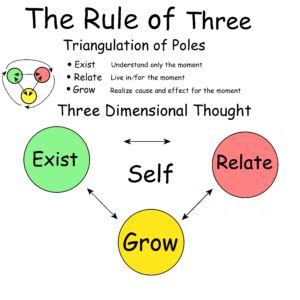 The only things that can change the cycle include Maslow’s Theory of Human Motivation.
The only things that can change the cycle include Maslow’s Theory of Human Motivation.
- Existence – Awareness
- Relatedness – social
- Growth – Curiosity, willingness to learn
Change is Easy – Right?
Change is gradual to where one doesn’t notice, change is also abrupt, but change always happens. None of us are the same person we were 20 years ago or 3 years ago, or last month.
We hope to be a different person tomorrow because that means we would have learned a thing or two about existence and our importance to the universe or lack thereof.

